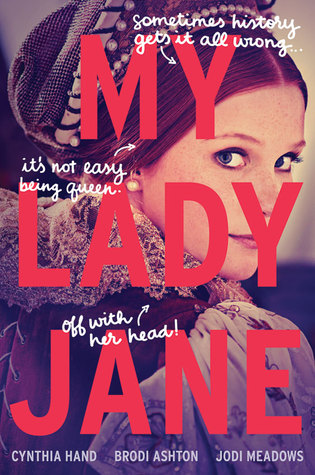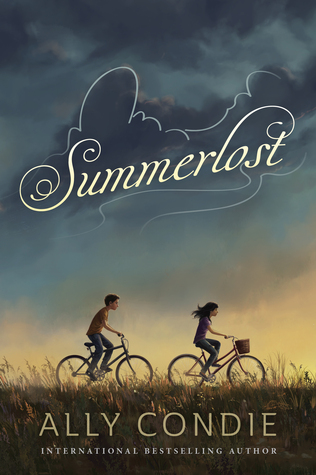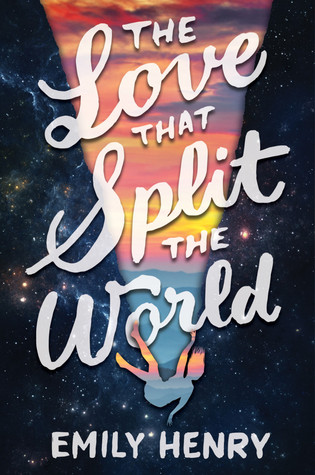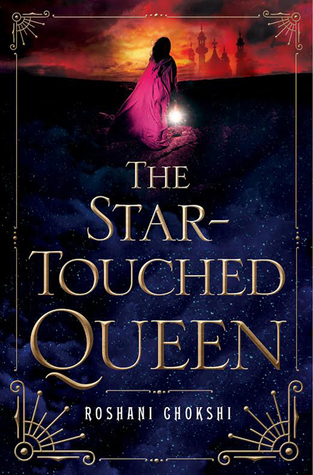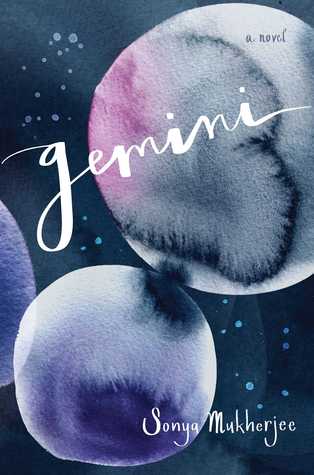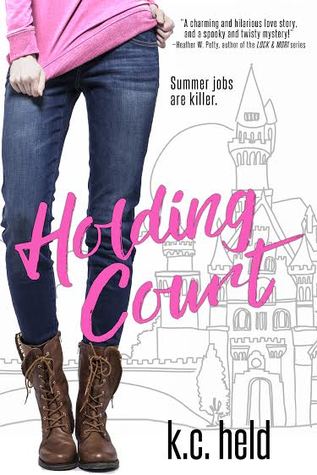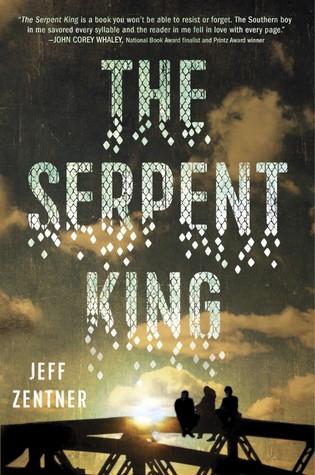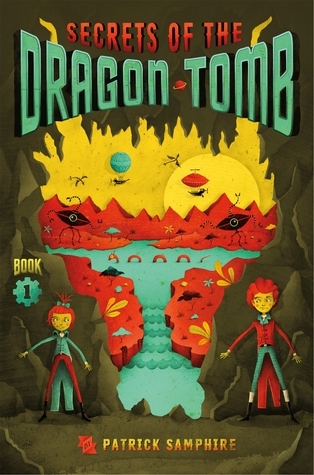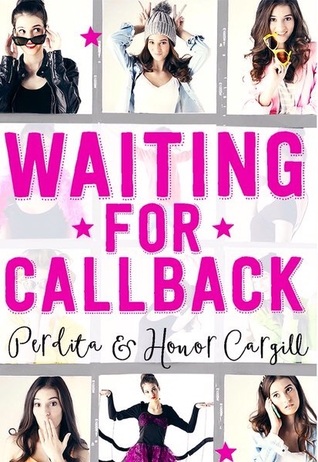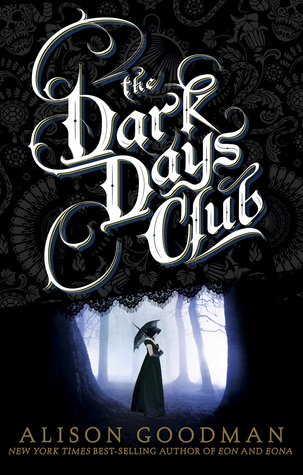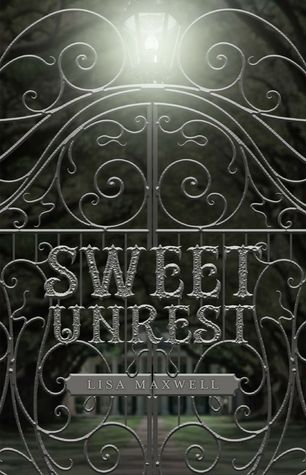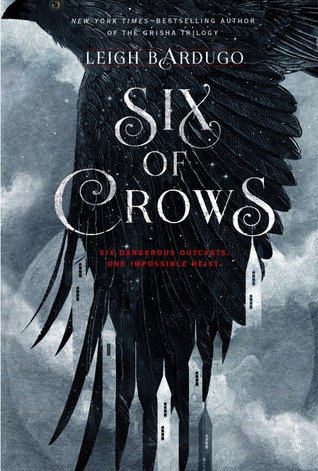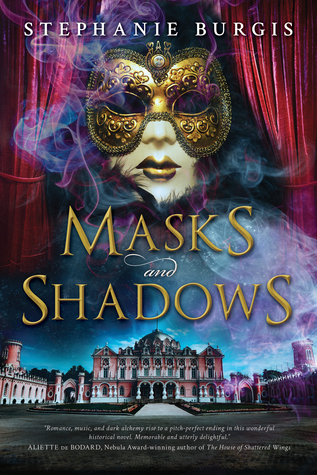 I have wanted to read Stephanie Burgis' Masks and Shadows ever since I found Stephanie was working on a novel set at Eszterhaza, in Hungary (a pivotal setting in my debut!). That might have been even before the book was announced. In any case, I've loved Stephanie's Kat, Incorrigible books, and was hoping for more of the same with this.
I have wanted to read Stephanie Burgis' Masks and Shadows ever since I found Stephanie was working on a novel set at Eszterhaza, in Hungary (a pivotal setting in my debut!). That might have been even before the book was announced. In any case, I've loved Stephanie's Kat, Incorrigible books, and was hoping for more of the same with this.I have to say, I thoroughly enjoyed this book. Though considerably darker than the Kat books (not surprisingly, since this is adult and those were middle grade), Stephanie shows her same deftness with character and setting. Though this book rotates through several POVs to convey the complex political and magical conspiracies, it remains grounded around two POVs, those of Charlotte, widowed sister to Prince Nikolaus's mistress, and Carlo, the Italian castrato invited to attend the grand estate. For those unfamiliar with Eszterhaza, it was known as the Hungarian Versailles--the fabulously wealthy Eszterhazy family (here, Anglicized to Esterhazy) built the estate on what was essentially swampland. For years, Haydn lived her while he composed operas exclusively for the family. In the 19th century, the estate was later abandoned, and while it has been restored and you can visit it, it's not exactly on the beaten path. But even today it's a gorgeous estate with a fascinating history.
But I digress. Charlotte was my favorite of the characters--I loved that she was subdued and understated and just beginning to find herself as an adult, having spent most of her adult life caring for an ailing (and significantly older spouse). Life at the estate is not at all what Charlotte envisioned, as the estate fills with a variety of characters, all visiting with ulterior motives: a Prussian spy; dangerous alchemists with questionable allegiances; the Princess Eszterhazy, who takes a liking to Charlotte despite Charlotte's relationship to her husband's mistress; young lieutenants making rash promises, and much more. Though it took me a while to untangle the different allegiances, the plot builds to a fast-paced, dark climax.
Worth reading for the setting alone--a criminally neglected place and time--but more so for the fascinating cast of characters, a stirring romance, and heart-pounding excitement.
****
Last spring, I was sitting at an outdoor table across the street from Eszterhaza when I saw Stephanie tweet something about her book. I responded saying I was currently *at* Eszterhaza, which led to a further exchange and eventually, to me emailing the pictures we'd taken at the estate. I was happy enough to do that--it was fun talking to an author I admired, and I like being useful. But I was touched to find my name in the acknowledgments for those pictures, and having read the book, am even happier to think I contributed (in a very small way!) to a story I loved.
